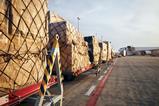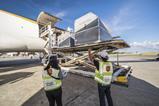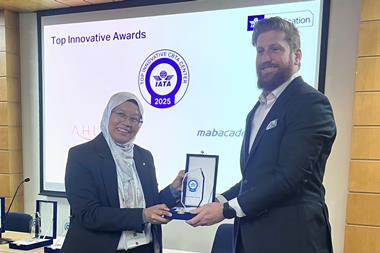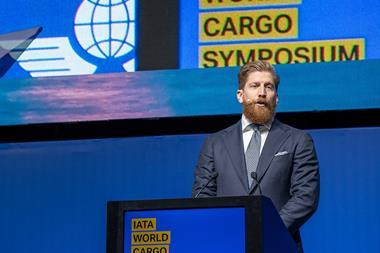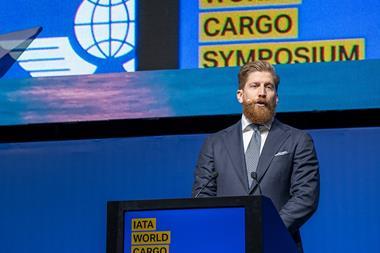
Source: Air Cargo News
The recent rise in protectionism will not see the end of globalisation but the air cargo industry needs to become increasingly flexible and digital focussed to quickly adapt to change.
Chairing a panel discussion on day one of the IATA World Cargo Symposium, LATAM Cargo chief executive Andres Bianchi asked whether the recent rise in the use of tariffs meant the end of globalisation.
However, industry leaders taking part in the discussion were confident that globalisation would continue, although they added that the air cargo sector needed to be able to rapidly respond to change.
IATA director general Willie Walsh said he believed that globalisation would continue, but added that the recent rise in the use of tariffs couldn’t be dismissed.
“We are going through a disruptive period which hopefully will stabilise in the near future and we will return to a normal environment, although it won’t be exactly the same as it was.”
He added that air cargo has learnt to quickly adapt to changing market conditions and it is important for the industry to continue to quickly respond to developing situations.
Walsh explained that in the past, aviation was seen as cyclical and companies would ride out quieter periods. Now, they quickly adapt to the changing conditions.
“If you don’t move with speed to address the challenges you face, you will face even bigger challenges in the future,” he said.
“What I have seen over the last 25 years is that the [aviation] industry responds to events much more quickly than we did in the past and that is very good.
“When we do respond, we should respond with determination and be clear in what it is we need to do and clear in why we need to do it.”
He added that because of aviation’s ability to be agile, the sector should not be “overly concerned” about the tariff developments.
Gabriela Hiitola, senior vice president of Finnair Cargo, agreed that airlines had learnt to be adaptable in recent years.
She said there were three areas companies should focus on: having flexible networks, utilising data and customer service, which she said could sometimes be forgotten.
“At Finnair we are very flexible on network planning so as something changes you can quickly adjust your network if it is possible,” she said.
“Data analytics is also very important. It allows us to react to trade shifts much more quickly, allows us to adjust our pricing much more quickly and allows us to quickly react on the operational side of the business.”
Dnata chief executive of airport operations Clive Sauve-Hopkins said that cargo handlers were used to disruption given they operate in an environment with 60-day contracts and flexible freighter schedules.
He said that given the rapid changes to trade, data would play an increasingly important role for air cargo companies.
“Organisations need to become data driven,” he said. “They need to ensure they have integrated systems and platforms, like ONE Record.
“At dnata, we have dedicated verticals within pharma logistics and we focus on people - making sure you are attracting and retaining the highest calibre of people. There also has to be an ethos of agility and pace.
“It is about how you read the situation and how you react and adapt, how you look after customer needs in this ever-changing environment.”







